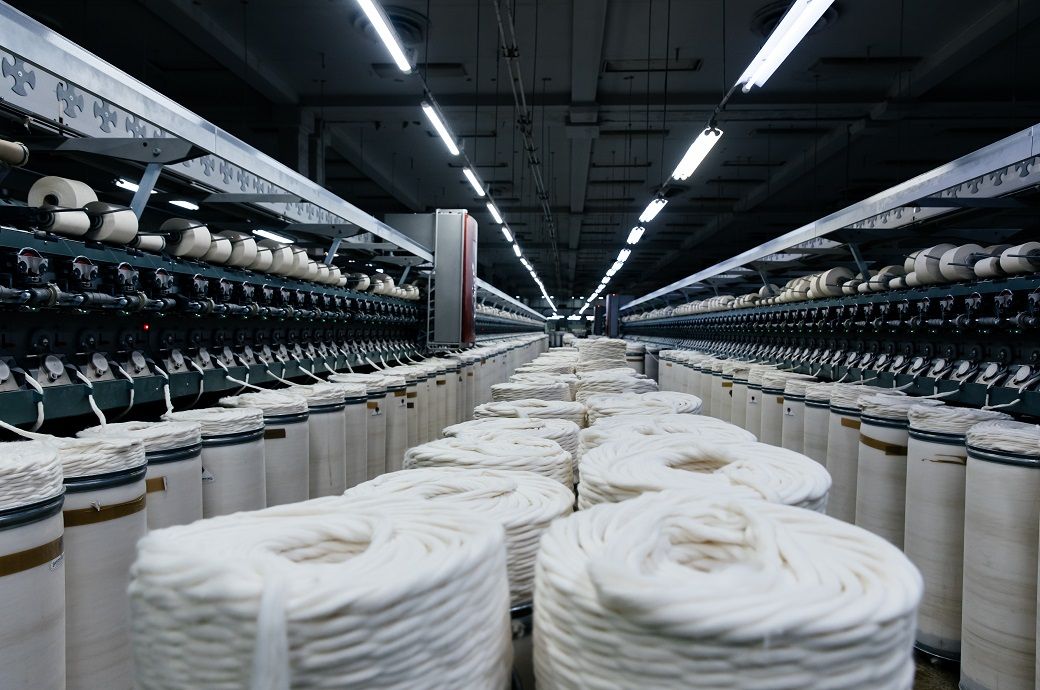
Open-end spinning mills, which produce yarn for home textiles like mops, mats, and kitchen towels, have announced a strike from November 7 to November 30, 2023. It was announced by Tamil Nadu bases The Open-end Spinning Mills’ Association (OSMA). Additionally, master weavers in the Tiruppur and Coimbatore districts are already on strike from November 5.
The mills have been operating at a mere 50 per cent capacity for the past six months. "We have decided to halt production to avoid further losses," stated the association.
Industry sources reveal that cotton comber, the primary raw material produced as a by-product by cotton yarn mills, is priced around 18 per cent higher than usual. Ideally priced at ₹97 per kg against cotton prices of ₹160 per kg, comber is currently at ₹115-118 per kg, while open-end yarn prices have stagnated at ₹140-150 per kg for a considerable period.
A Delhi-based trader said that cotton yarn spinners had cut production due to dwindling global demand and price disparities, consequently reducing cotton comber supply. This has led to a disproportionate increase in comber prices, peaking at ₹135-140 per kg last year. Despite a rise in cotton yarn production this year, prices remain steep.
The price disparity is not just affecting open-end spinners but other spinners and the downstream industry too, due to the costlier raw materials in India compared to the global market. This disparity hinders their ability to compete with other exporting countries. The association has called upon the central government to either control or halt the export of waste cotton to boost domestic supply, eliminate import duty on cotton, and ease quality control norms for synthetic fibres.
Fibre2Fashion News Desk (KUL)